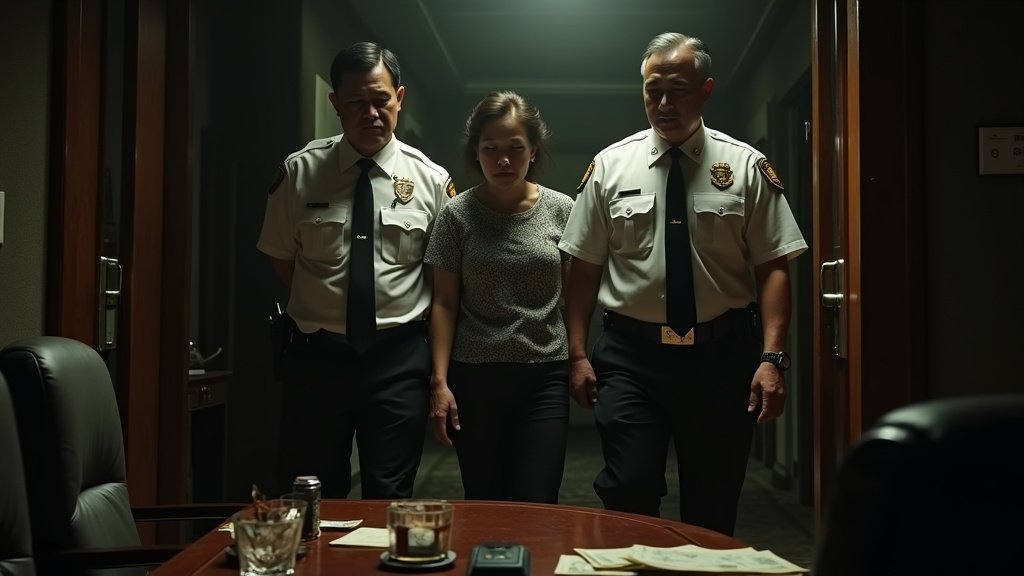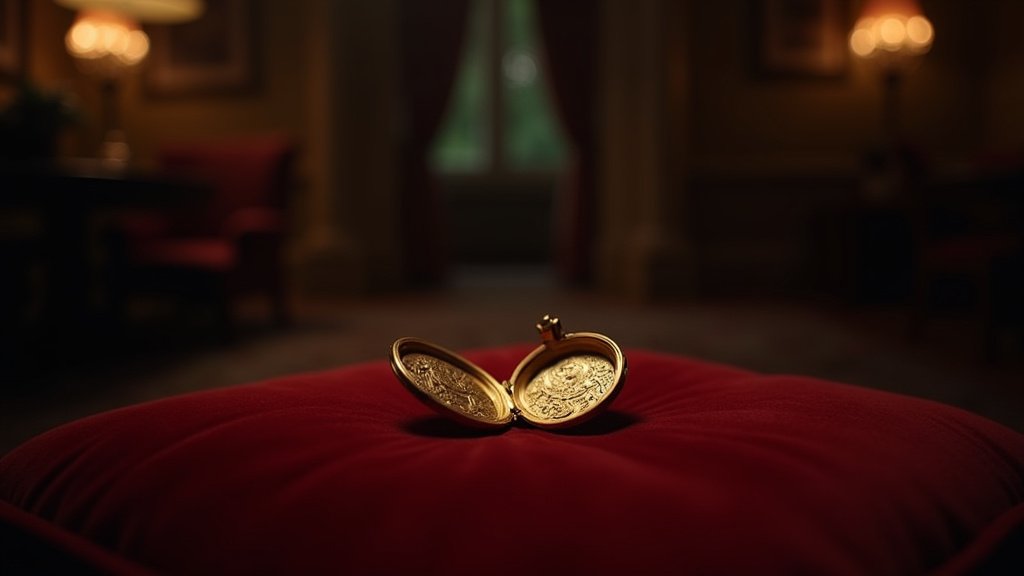Seoul, South Korea – In a landmark decision concluding a six-year legal saga, South Korea’s Supreme Court has decisively dismissed a significant copyright infringement claim brought by American composer Jonathan Wright against the South Korean children’s content powerhouse, Pinkfong. The ruling, which upholds earlier judicial findings, affirms Pinkfong’s rendition of the globally renowned ‘Baby Shark’ as an independent creation, free from plagiarism, marking a pivotal moment in intellectual property law within the entertainment sector.
The Long-Running Legal Battle Concludes
Wright had sought a substantial 30 million won, approximately $21,600, in damages, alleging that Pinkfong’s immensely popular ‘Baby Shark’ tune plagiarized his version of the song. This protracted legal dispute has navigated through multiple judicial levels since its inception, with the Supreme Court’s judgment solidifying the findings of lower court decisions from both 2021 and 2023. Both preceding rulings had found no sufficient grounds to substantiate Wright’s claims of copyright infringement, setting the stage for the top court’s final pronouncement. The culmination of this six-year battle now offers clarity on the originality of one of the world’s most recognizable children’s songs.
Upholding Legal Precedent on Folk Tunes
At the heart of the Supreme Court’s unanimous decision lies a reaffirmation of a critical legal principle concerning derivative works and existing folk tunes. The court emphasized that traditional, widely known melodies, such as the fundamental basis for ‘Baby Shark,’ generally do not involve substantial modifications when adapted into new works, thus preventing them from being classified as wholly separate and protectable original creations that could be infringed upon. This judicial interpretation clarifies the boundaries of intellectual property rights when popular culture draws from the public domain, particularly in the realm of entertainment. The ruling suggests that merely adapting a folk tune without transformative changes does not grant exclusive copyright broad enough to prevent others from using the same public domain foundation.
The Unprecedented Global Phenomenon of ‘Baby Shark’
Pinkfong’s ‘Baby Shark Dance’ video, first unleashed onto the digital stage in 2015, quickly transcended cultural and linguistic barriers to become a global phenomenon. Its staggering success is underscored by its colossal presence on YouTube, where it has amassed an astounding over 16 billion views, cementing its status as one of the most-watched videos in internet history. Beyond its digital dominance, the catchy tune also made a significant splash on mainstream music charts, peaking impressively at No. 32 on the highly competitive Billboard Hot 100.
For Pinkfong, the ‘Baby Shark’ franchise remains an extraordinarily vital product, continuing to generate substantial revenue. Financial reports indicate that the song contributed a remarkable 45.1 billion won, equivalent to $32.6 million, in revenue during the first half of 2025 alone, highlighting its enduring commercial power and strategic importance to the company’s portfolio. The song’s ubiquity and financial success were undoubtedly factors in the high-stakes nature of the copyright dispute.
Implications for Creative Works
The Supreme Court’s dismissal brings a definitive close to a high-profile case that captivated observers in both the legal and creative industries. The ruling not only safeguards Pinkfong’s foundational asset but also establishes a significant precedent for creators who adapt or build upon traditional or public domain material. It reinforces the idea that while creativity in derivative works is encouraged, it must demonstrate a truly transformative quality beyond minor alterations to warrant independent copyright protection. This outcome is sure to be closely watched within the global News and creative community, impacting how artists and companies approach intellectual property derived from widely accessible cultural heritage.












